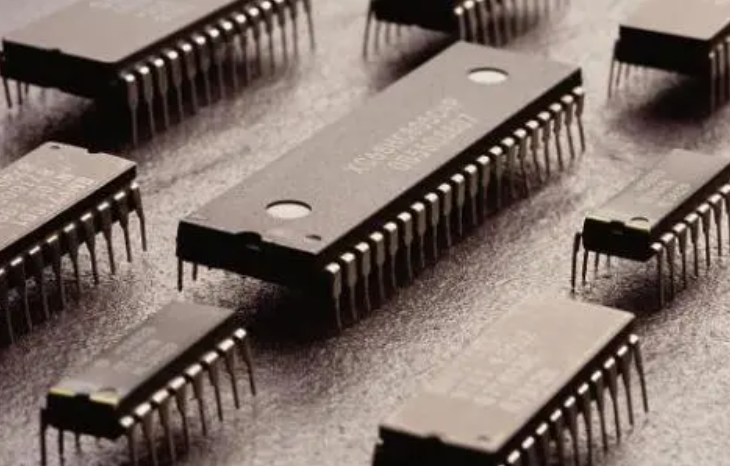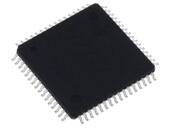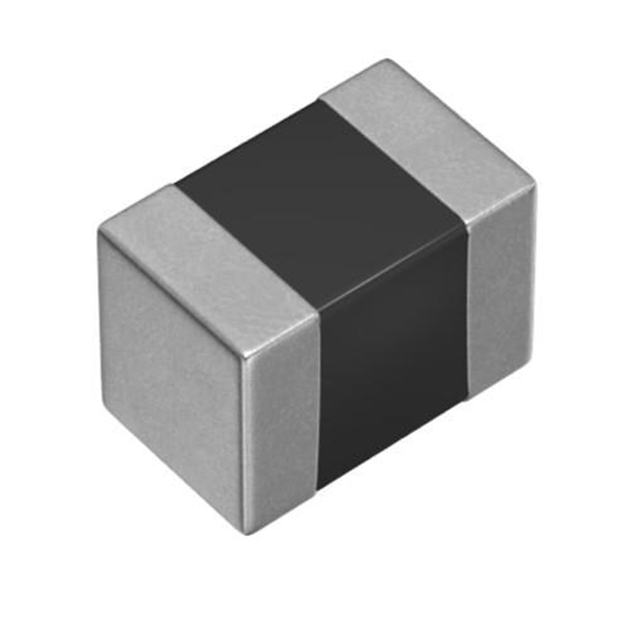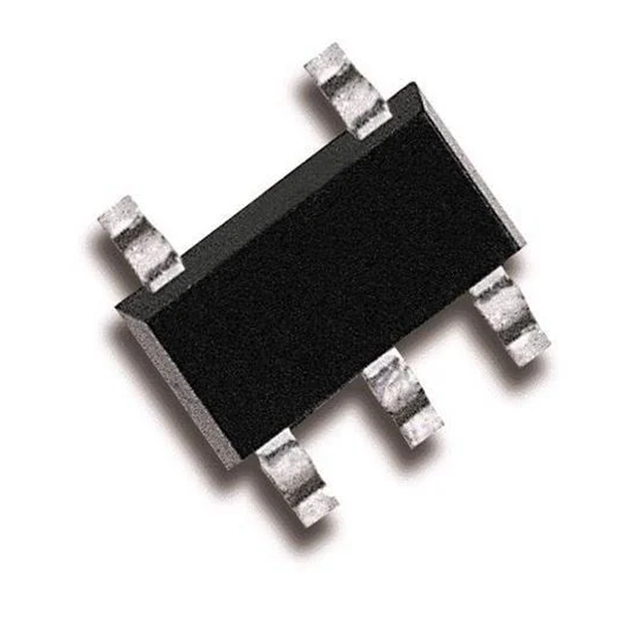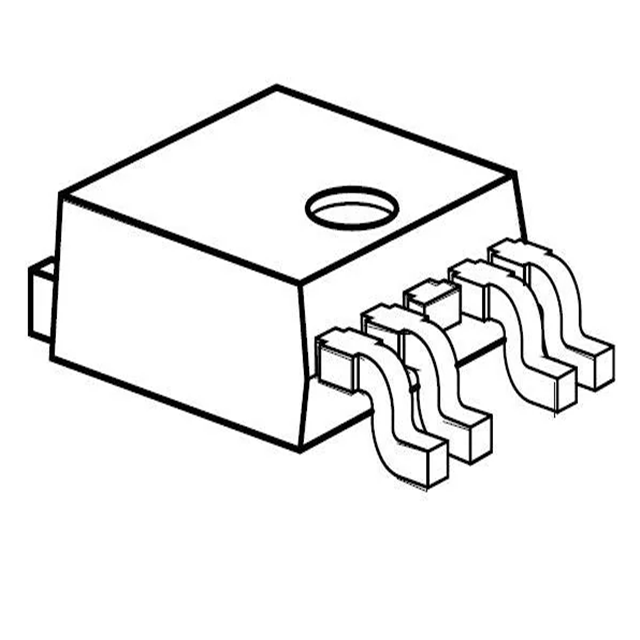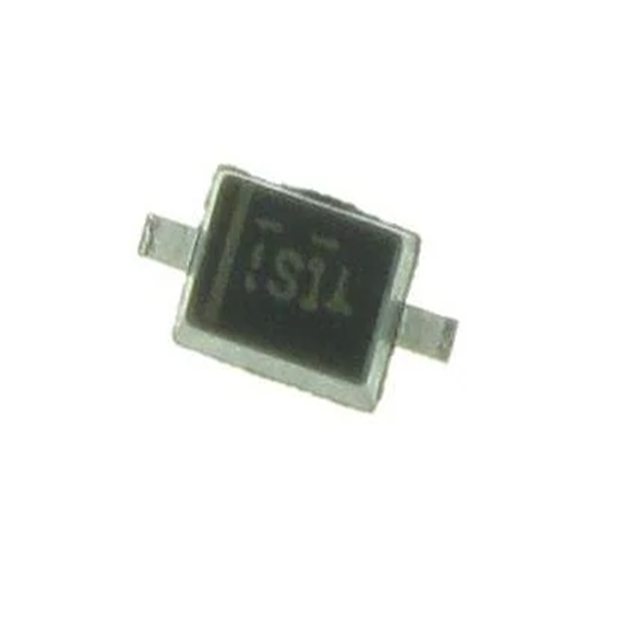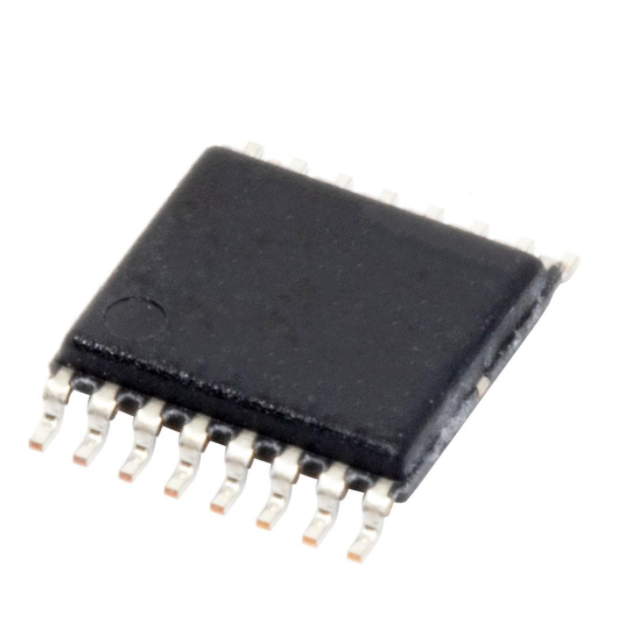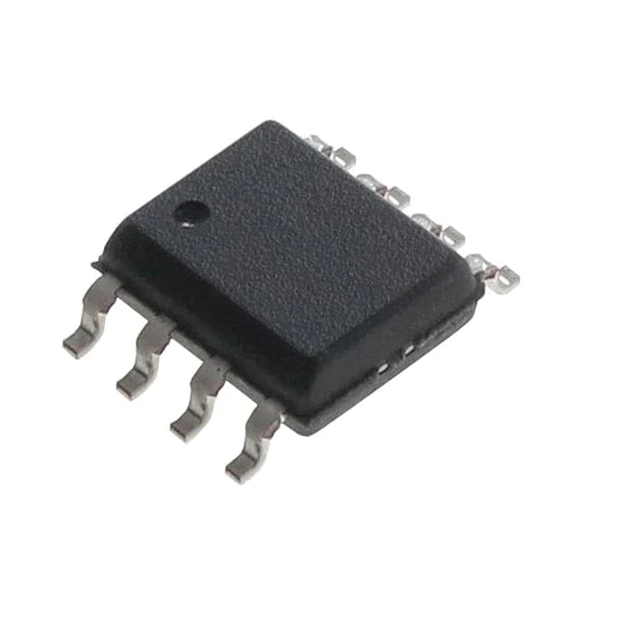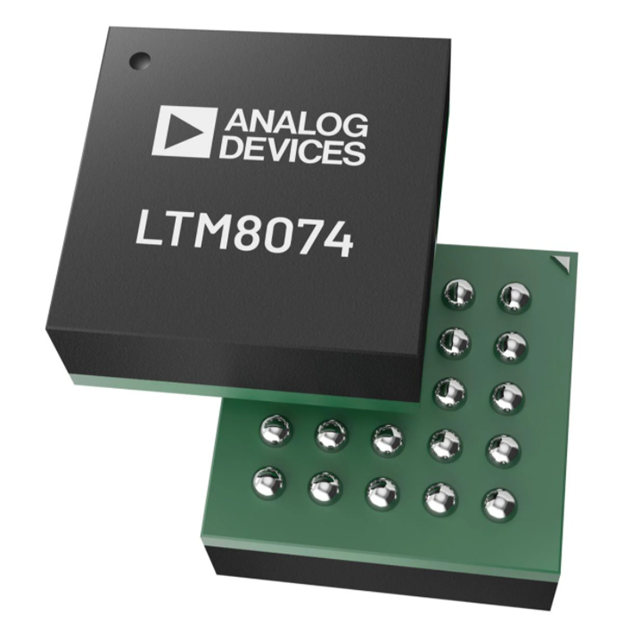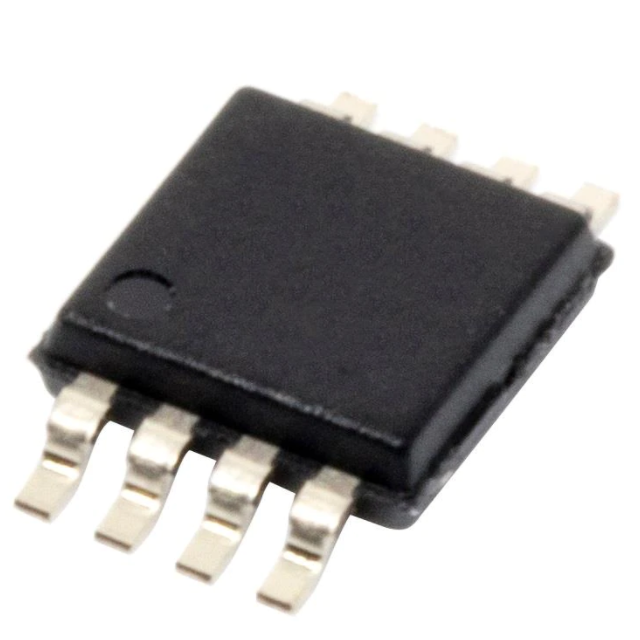STMicroelectronics opens up the FD-SOI era for MCU
On March 26, 2024, STMicroelectronics announced an advanced manufacturing process based on 18 nanometer fully depleted silicon on insulator (FD-SOI) technology and integrated embedded phase change memory (ePCM), supporting the upgrade and evolution of next-generation embedded processors, and applying this technology to the STM32 series MCU products, which are leading in the general 32-bit MCU market. As a major contributor to FD-SOI technology, STMicroelectronics has partnered with Samsung wafer foundries to jointly develop new technologies, helping to achieve a huge leap in performance and power consumption for embedded processing applications. At the same time, it can integrate larger capacity memory and more analog and digital peripherals. It is reported that the first product of the next-generation STM32 mid-range microcontroller based on new technology will start providing samples to some customers in the second half of 2024, and production will be scheduled in the second half of 2025.
Traditional American semiconductor manufacturers have chosen FINFET to increase the density of integrated circuits. In order to seek a path of differentiation, European companies mainly based on STMicroelectronics have attempted FD-SOI technology to seek a path of differentiated competition. Due to its high performance, low power consumption, high integration, and good thermal stability, FDSOI has broad application prospects in fields such as mobile devices, the Internet of Things, and artificial intelligence. One important reason why ST has taken the lead in introducing FD-SOI into the MCU field this time is due to ST's rich design and development experience in FD-SOI technology. ST launched a 28 nanometer FD-SOI mobile AP product in 2012, which was produced by ST's own Crolles II-300mm wafer factory. Compared with ST Micro's 28 nanometer body process, the performance of the 28 nanometer FD-SOI process has improved by 32% -84%. The ST Ericsson AP based on this technology has improved its performance by more than 20% compared to other products of the same period.
Compared with the currently used ST 40nm embedded non-volatile memory (eNVM) technology, the integrated 18nm FD-SOI manufacturing process of ePCM greatly improves the key quality factor: the performance to power ratio is increased by more than 50%; Non volatile memory (NVM) has a density 2.5 times higher than existing technologies, allowing for the integration of larger capacity memory on chip; The density of digital circuits is three times that of existing technologies, and they can integrate digital peripherals such as artificial intelligence and graphics accelerators, as well as the most advanced security protection functions; The noise coefficient has been improved by 3dB, enhancing the RF performance of wireless MCU.
The working power supply voltage of this technology is 3V, which can supply power to analog functions such as power management, reset system, clock source, and digital/analog converter. It is the only semiconductor process technology below 20 nanometers that supports this function. The high temperature resistance, radiation hardening, and data retention period of this technology have been tested in the automotive market and can meet the strict reliability requirements of industrial applications.





